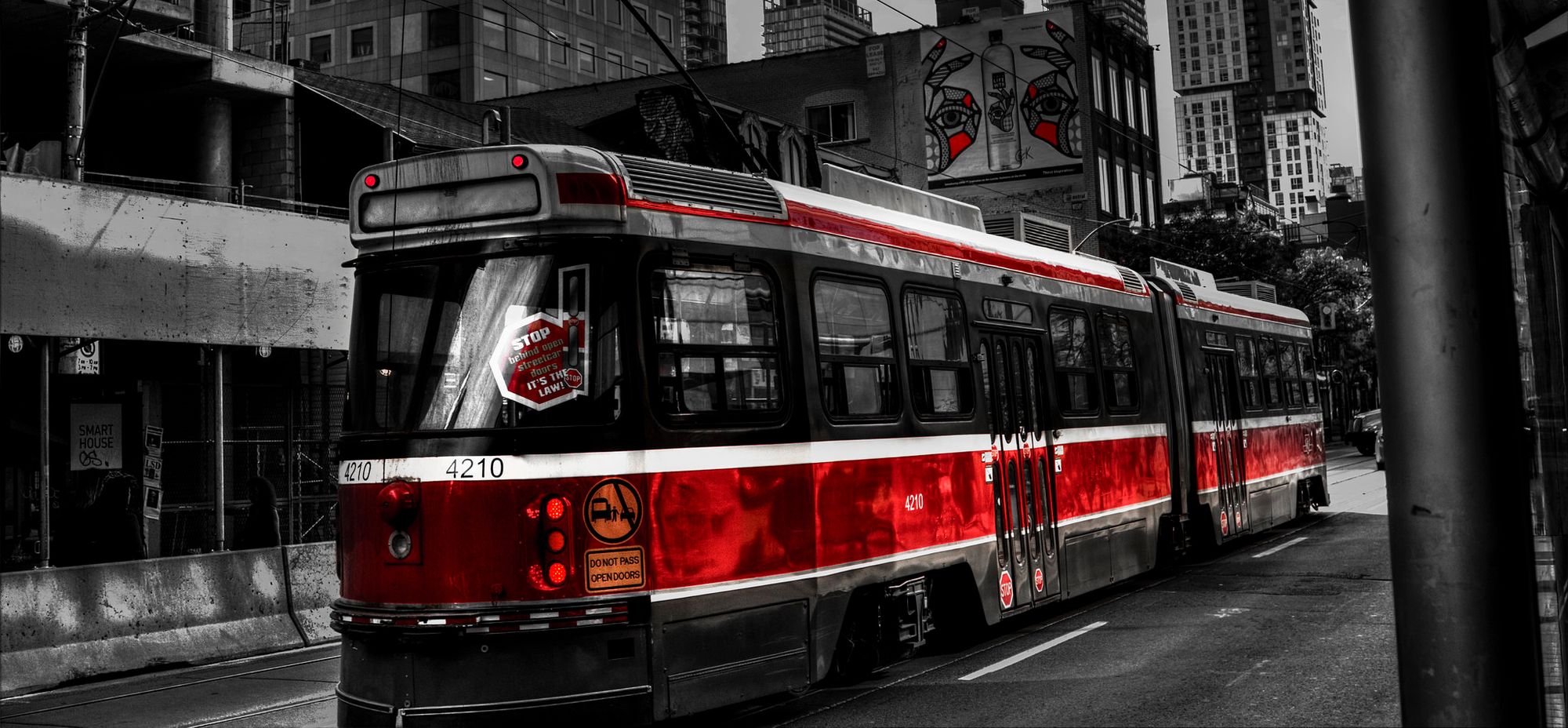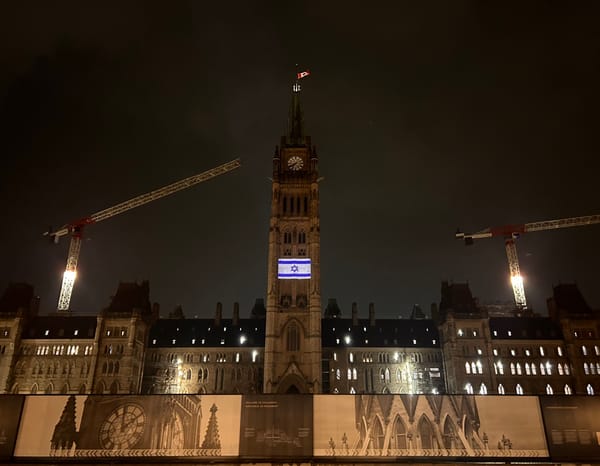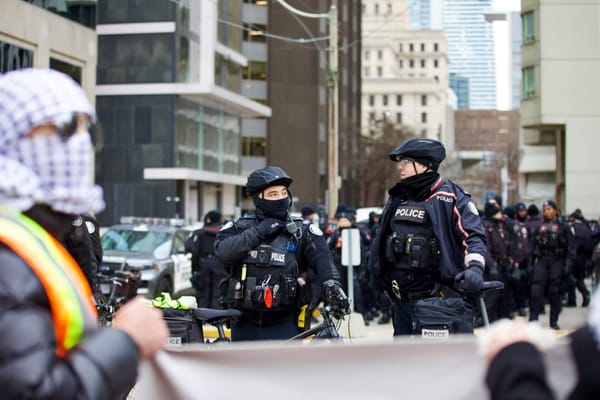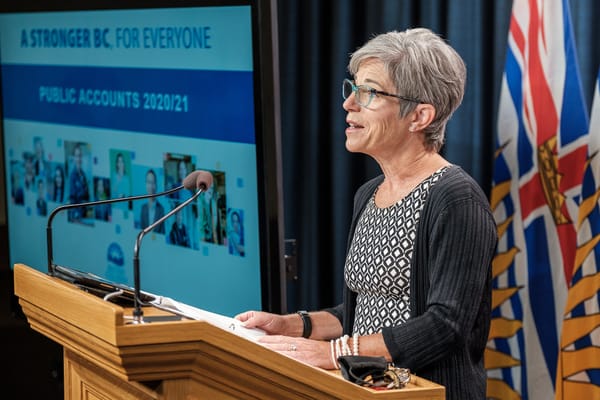At the start of a new decade, Toronto’s working class is facing a perilous situation. Our rent is skyrocketing and our wages are stagnant. As soon as we receive our paycheque, it gets ripped apart by landlords, student loan sharks and price-fixing grocery cartels. Now for the ninth time in 10 years, the price of simply getting to work to earn that cheque is increasing.
In December 2019, the Toronto Transit Commission (TTC) announced their seemingly annual fare increase, marking an 18 per cent jump in the cost of an adult fare since 2010. Then, just a couple days later, they announced they were hiring 50 more transit enforcement officers to intimidate riders into paying the fare hike. Recently, a video emerged showing TTC constables pepper-spraying a passenger, and fare enforcement officers blocking the recording, in what the organization called a “routine fare inspection.”
Then there’s the technical failure of the increasingly mandatory yet completely flawed Presto card system, which the TTC Workers Union says has contributed directly to increased fare evasion.
In the midst of all this, the TTC has the audacity to run ads throughout the transit system, even fully covering streetcars, demonizing riders who skip fare and threatening them into paying up. Some of these ads even incorporated video from security cameras, flaunting the dystopian surveillance nightmare Toronto’s workers face on their commute.
Passenger fares account for 60 per cent of the annual TTC budget, and the organization is drastically underfunded compared to other major cities. The TTC estimates fare evasion cost more than $70 million last year, and hope to recoup that cost through issuing fines.
The victims of this policy are the commuters who face the choice to skip fare or starve, living in fear of racial profiling and harassment. The most obvious fix is free public transit, already a reality in other cities, but just an idea in Toronto. The challenge, then, is how to force those in power to implement these necessary changes.
Our elected representatives aren’t on our side. In a capitalist economy, governments are beholden to profit sectors, and so they won’t adequately increase TTC funding or improve service unless they think not doing so will threaten profits for shareholders, financiers and landlords. They’ve demonstrated this by underfunding the system for the past decade, never building a relief line, raising fares almost annually and now using violence when their scheme starts falling apart.
But we have the power to take this issue into our own hands. New York and Santiago, Chile have already realized this with movements that mobilize riders to fight for lower fares, de-policing, accessibility and racial justice. As we watch our own mass transit situation deteriorate, we could stand to take a page from them.
I’m not encouraging anybody to individually break any laws. Obviously this can be a very dangerous choice for many of Toronto’s most vulnerable, who face violence even when they do pay their fares.
What I’m saying is that riding the TTC for free is totally cool, and may be the biggest flex the working class has on those profiting from our overpriced, constantly delayed commute.
Think about it: Who really benefits from the 1.6 million people who take the TTC every day? Most of them are commuting to work in a city that contributes 20 per cent of Canada’s economy. They directly generate capital for massively profitable finance, tech, telecom and housing sectors, as well as the shops, restaurants, cafes, and entertainment venues that make Toronto wonderful for those who can afford to enjoy what the city offers. Many other commuters are going to school, where they acquire overwhelming debt to learn skills and contribute to the economy in the future.
When these companies see profit from our work, the shareholders, executives and landlords at the top of these enterprises are the primary beneficiaries. Yet somehow we’re footing the bill to commute and have our labour exploited.
Mass transit is no doubt a necessity for commuters. But it’s far more important to the capitalists profiting off of our collective labour. When we pay our fare, we are giving the capitalist class a discount on transporting their most valuable commodity: workers.
Individually, skipping fare is a risky endeavour; collectively, riders hold the balance of power.
Take the aforementioned movements in New York and Chile. As individuals, New Yorkers were powerless watching an officer pull his gun on an unarmed Black teenager in a crowded subway car. Collectively, they made their grievances impossible to ignore, and demonstrated the true power they have against cops and capitalists. Meanwhile in Santiago, protesters used a seemingly innocuous fare hike to stoke opposition to neoliberal austerity measures and highlight rampant racism and economic inequality. By taking out their anger on or in subway stations, both groups are making a highly visible statement across the city that resonates with millions of people.
Toronto isn’t New York or Santiago. We have to find our own way to organize. Doing this effectively starts with educating those around you about the reality of mass transit in our city’s economy. A lot of this conversation takes place on social media, but it needs to be brought directly to our fellow workers and riders to be put into practice. It’s also important to listen to the needs and complaints in these conversations in order to spread a message that empowers everyone.
Most importantly, we need to show solidarity with each other. This means standing up to racial profiling. It means able-bodied people demanding accessibility for those with disabilities, and riders who can afford fare striking with those who can’t. It means turning out together, like the more than 1,000 people in Toronto earlier this month who showed up in solidarity with land defenders thousands of miles away.
The TTC will never be allowed to completely fall apart or shut down regardless of how much money is lost to fare evasion. The purpose it serves is far too important to Canada’s economy, and to the offshore accounts of capitalists who don’t even live here. If they want to profit from our commute, they can pay up.
There are lots of ways to get this money. The city could raise taxes on all the billion-dollar entities capitalizing on our labour, and take some cash from the Toronto Police Service’s $1 billion annual budget. They could also save millions just by firing the second-rate cops employed on TTC property. Or they could demand more funding from the provincial and federal governments.
Whatever the case, the money is there. The working class are the last people who should be paying for our own exploitation. We are well within our rights to demand free transit, and we have the power to realize our goals.







Member discussion